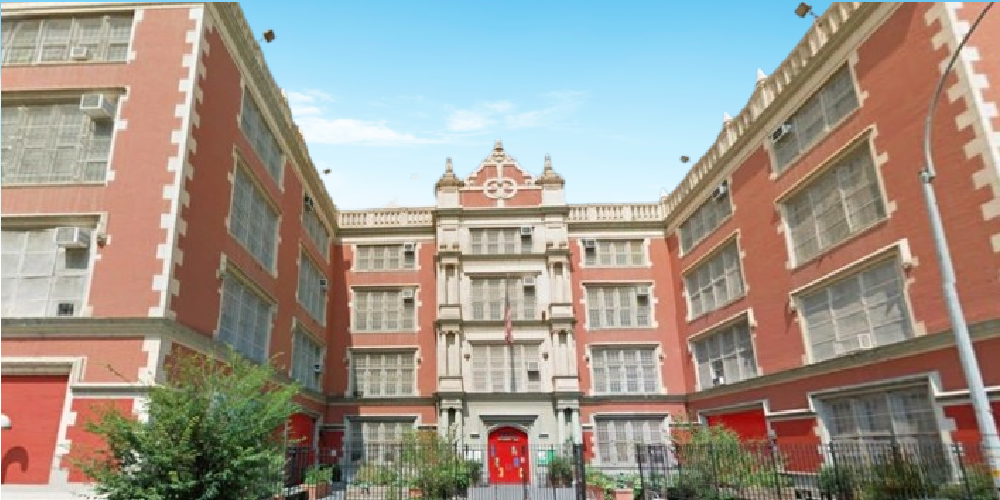Progressive Manhattan School with Civil Rights Legacy Files for Bankruptcy to Fend Off Foreclosure
In the heart of Manhattan’s Upper West Side, a school founded on the ideals of equality and justice is now fighting for its survival. Manhattan Country School (MCS), a progressive K-8 institution known for its commitment to diversity, social justice, and sliding-scale tuition, has filed for Chapter 11 bankruptcy in an effort to stave off foreclosure and keep its mission alive.
The school’s financial troubles came to a head last week when it filed court documents showing both assets and liabilities between $10 million and $50 million. This filing effectively pauses any collection or foreclosure actions, including those initiated by a bank claiming the school owes over $3 million on a loan taken out in 2017. According to legal filings, the school had been in discussions with the lender, but talks broke down and foreclosure proceedings began in October.
This news has sent waves of concern through the school’s tight-knit community of families, many of whom chose MCS not just for academics, but for its distinctive values. Established in 1966 during the Civil Rights Movement, MCS was designed to be more than just a school—it was meant to be a microcosm of a just society, where children from all backgrounds could learn together, challenge injustice, and grow into thoughtful, compassionate leaders. The school proudly states that it has “no racial majority” and intentionally promotes economic diversity through a tuition model tailored to each family’s financial situation. The maximum tuition tops out at $59,000 per year, but many families pay much less.
Unfortunately, that very model—meant to open doors for all—may have left the school financially vulnerable. During the COVID-19 pandemic, MCS further reduced tuition for struggling families, which, while compassionate, significantly cut into its operating budget. As with many educational institutions, enrollment fluctuations and pandemic-related expenses created long-term financial strain that proved difficult to recover from.
Adding to the uniqueness of MCS is its rural satellite campus in Roxbury, New York. Here, students trade city life for hands-on lessons in farming, cooking, nature exploration, and traditional textile work—a rare feature that has long set the school apart. The combination of progressive classroom learning and immersive farm-based education has earned MCS a loyal following among parents seeking more than the conventional school experience.
For now, the bankruptcy filing gives MCS time to regroup, reorganize its finances, and potentially reach a resolution that will allow it to continue educating future generations. While the future is uncertain, the community is rallying behind the school, hoping that its mission, born from the vision of equality and inclusion nearly six decades ago, will endure.
As one concerned parent put it, “This isn’t just a school—it’s a place that changes lives. It’s taught our children how to be thinkers, doers, and dreamers. We can’t lose that.”
For many, MCS is more than brick and mortar. It is an idea worth saving.

COMMENTS (0)
Sign in to join the conversation
LOGIN TO COMMENT